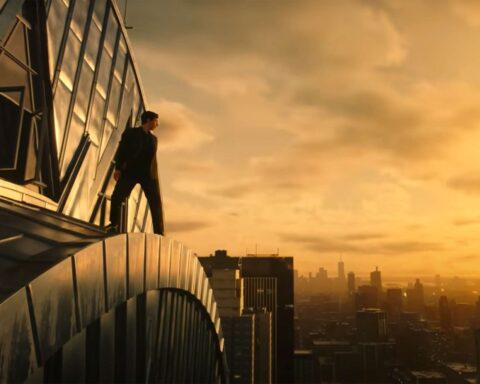An accidental film that could be more far reaching than what Coppola envisioned. It tells the story of Harry Caul played by the effervescent Gene Hackman, who begins his day being shadowed by a mime, getting into a surveillance van, and tries to overhear a conversation between a couple. Coppola at the time was inspired by Blow-up a film by Antonini. Blow-up dealt with a similar scenario but played more with images than sound. Paranoia had reached its heights in America during this period. Surveillance played a key role at the time.
The film explores the repercussions of Harry Caul’s take on his vocation. It does present a moralistic stand on religion. The film documents his mannerisms, daily ablutions and his mind. This weighs in on the relationships he keeps. The film revisits the conversation repeatedly. It also opens the viewers to conversations between two minds. The film derives its strength from this vicious circle. This neurotic template brings out the beauty of the narrative.
The unforgettable reconstruction of events at the end gives us the necessary divisive rush. It is at this point the genre bends and the hysteria sinks in. The turning of the screw is what keeps this film from falling away. The end leaves us with an uneasy desolation which is mostly irreparable.





